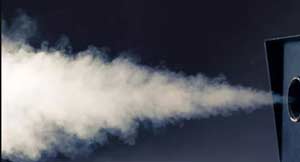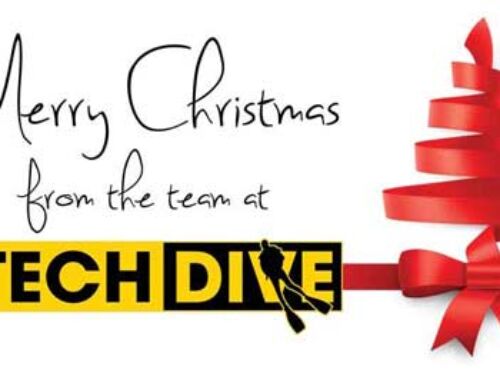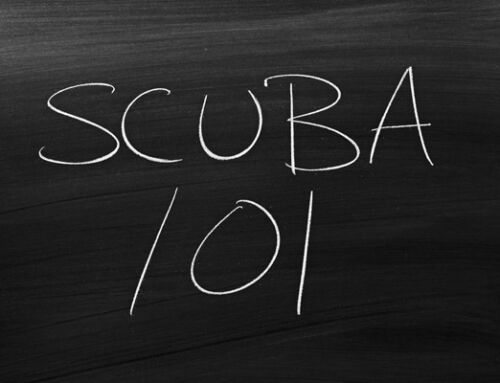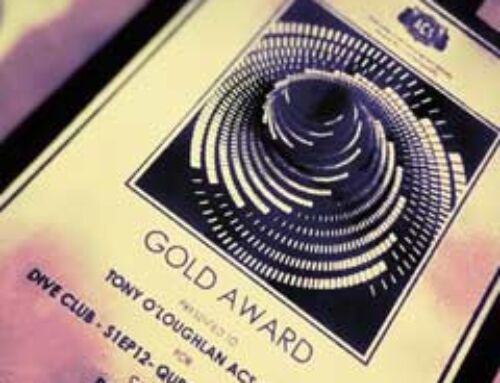
For nearly six months now we’ve been operating under our Business Continuation Plan (BCP) or at least parts of it – with the first steps commencing back in mid January when we received our first advice notice on ‘a Corona Virus’ from our Compliance Risk and Diligence advisors. Little did we know how much of a work out our BCP was going to get in the coming months.
Our Covid-19 responses and updates can be found here, and how quickly the situation evolved from our post just a few days before discussing the recent Fires and Floods and the campaigns to help Bushfire Recovery and the Tourism Qld Holiday Here promotion.
One of our key actions in our BCP is not to abandon our 17 years of hard work of baking sustainability into our operations and actions. It would have been very easy to reach for the single use (we hate the ‘disposable’ terminology) masks, wipes, and the like.
Fortunately as part of our planning, we held a small but sufficient stocks of reusable (repackable) N95 masks, refillable sanitiser dispensers (with 5L refill on hand) and reusable and recyclable eye protection, among other critical supplies. These items were distributed to staff and included in Customer Welcome packs.
As a technical diving company, we’re all too familiar with the need to sanitise breathing loops etc on Rebreathers, and all rental equipment both open circuit and closed circuit had always been treated after each customer use with appropriate sanitiser, whether it be ‘wettie wash’ or GearAir products for example, but ultimately all life support (breathing) products were treated with Steramine as part of the final rinse – we use both the bulk liquid and tablet form within the business.
Equally, all equipment coming through the Service Department whether it be for repair or your annual service, the final treatment after testing was Steramine solution. Many of you will nod your head knowingly, for those you of you who aren’t familiar, it is a food grade sterilising agent – you can find out more on the Edwards Councilor website.
However, we were faced with challenges with some key areas – incoming/outgoing freight from the warehouse, transfer vehicles, and other similar spaces. How could we provide a safer environment? There was a lot of conflicting data about how long the virus could survive on hard surfaces, packaging and so forth, so best practice was applied – we needed to treat all surfaces. Hand wiping surfaces will always be effective to some degree, but does have obvious limitations.
“Introducing the Fog Tent” – yes you read that right, we erected a pallet sized tent like structure in dispatch and utilising technology not very far removed from our owners Arts and Entertainment roots, began ‘fogging’ incoming and outgoing shipments. [NB: Do NOT try putting volatile alcohol based sanitiser liquids into your Disco smoke machine, as the saying goes ‘result may vary’ – including flame thrower, non-passive end of life failure, and the output may well be toxic].
But seriously we were using a specific solution formulated in New Zealand which has been tested successfully with Covid-19, and machines that have been modified for the application. This has proven very successful and we used the machines to disinfect transfer vehicles, offices and other spaces efficaciously. If you’re interested in learning more, companies like Air Guard (a division of Antari) manufacture similar fogging products and offer an Umbelliferol based fluid solution, which at time of writing has not been tested on Covid-19 (they are awaiting results), but has proven 99.9% of various other pathogens. Or contact us, we’re happy to share our experiences. There are some amusing stories.
Currently we are experimenting with a new design, an electro static fogger, as this provides 99.9% surface coverage much more quickly, reducing the time from the 8-10 minutes of the current exposure time.
Clean Tech at work!
Happy Diving.






